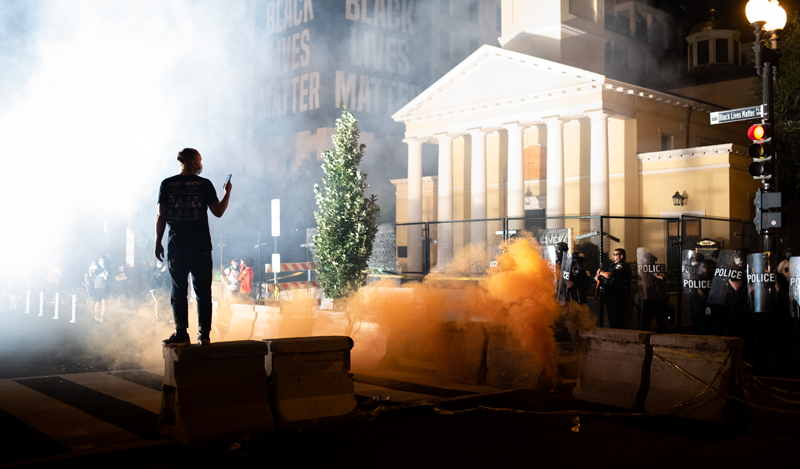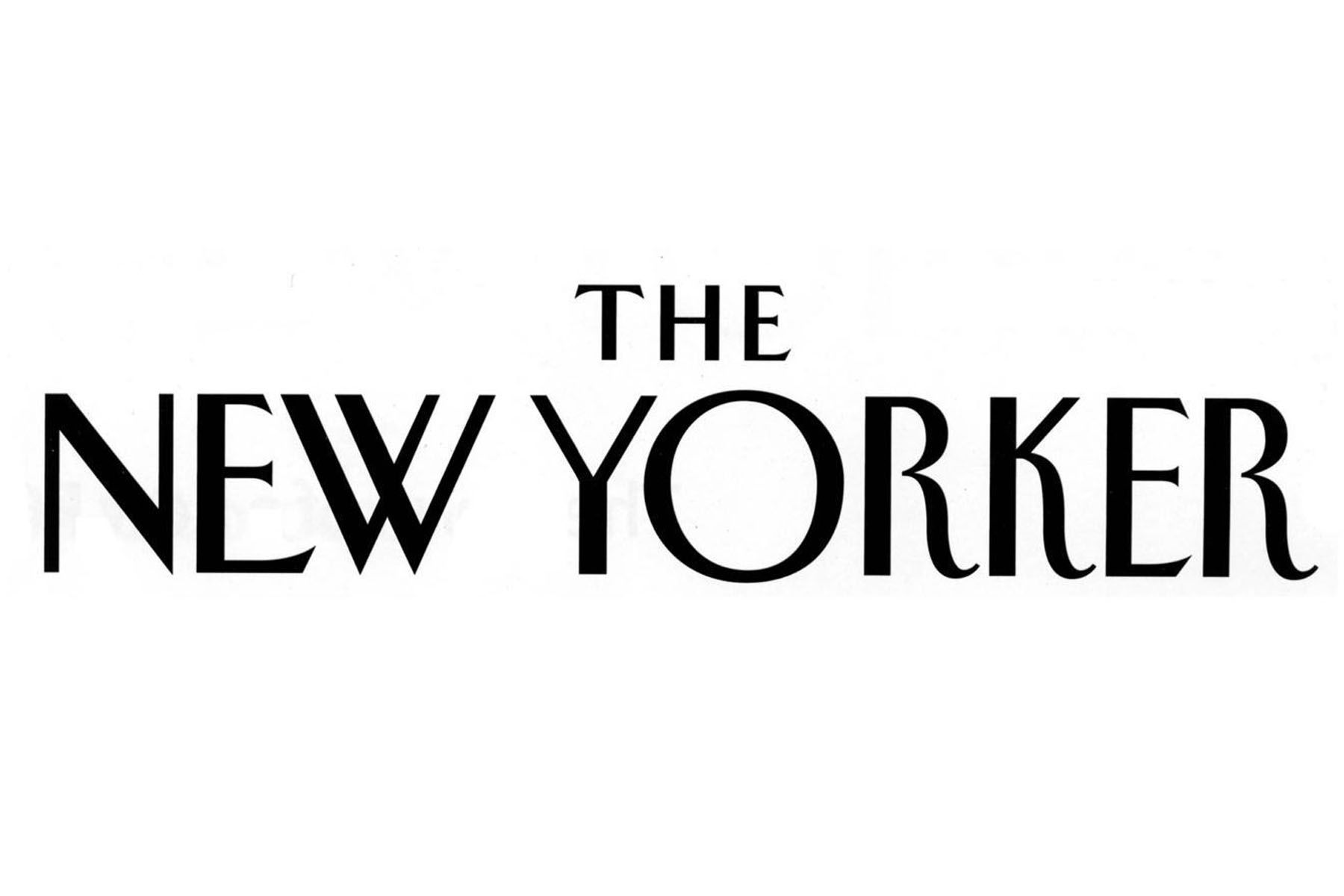Blog October 21, 2020
Don’t Believe the Trump Hype: Who is Actually Protesting in 2020

Even with COVID-19 dominating the news and people being asked to stay home and social distance, Americans are leaving their homes to protest the state of the nation ahead of the November Presidential election. A recent survey from Gallup shows that satisfaction with the direction of the country is the lowest it has been in four years and that Americans see government dysfunction as a major problem the nation must address. Unsurprisingly, protests have become more widespread and frequent and new survey from AEI’s Survey Center on American Life, reveals just who has been protesting.
Protests have been seemingly popping up everywhere around the country this electoral cycle, from caravans and regattas in support of Trump to Black Lives Matter demonstrations. Although gatherings of Trump supporters are frequently featured in the news, the numbers make it clear that liberals have engaged in protests in greater numbers than those on the right.
In the Survey Center on American Life survey, a national sample of Americans were asked if they have attended a political rally, protest, speech, or campaign event at some point in the past 12 months, including during the COVID-19 pandemic. Thirteen percent of Americans claim to have done this, comparable to a 2017 Pew Research Center survey which found that 15 percent of Americans had attended a rally, protest, or political meeting.
Going deeper, some noteworthy demographic differences emerge with one of the most salient being partisanship. While 17 percent of Democrats report having protested, joined a rally, or campaigned, about half as many independents (10 percent) and Republicans (8 percent) say the same. Similarly, if we look at stated vote choice, 18 percent of Biden voters said they protested, compared to just 7 percent of Trump voters, suggesting the momentum is really on the left at this time.
Politics appear to be one of the strongest predictors of political engagement in 2020. Education was strongly correlated with joining a political protest. Twenty percent of those with post-graduate degrees report they have attended a political rally, protest, speech, or campaign event, compared to just 8 percent of high school graduates, but that may be a function of present availability and work-place constraints. Although protests focused on racial justice received considerable attention, black Americans were not much more likely than whites to have joined a protest (16 percent vs. 11 percent). Finally, the survey found that younger Americans were considerably more likely to protest than their elders despite not being widely visible as candidates themselves: while 17 percent of Gen Zers and 13 percent of millennials report protesting or attending a rally in the past year, just 10 percent of boomers and 5 percent of the Silent Generation have done the same.
Collectively, the data reveal that some Americans – particularly those with liberal leanings and positions – are far more likely to be out protesting, rallying, and agitating on the ground for real political change.
Although events for Donald Trump, such as boat parades, generate significant attention, his supporters are far less active and engaged in person than those supporting Joe Biden. Of course, being active in this arena does not translate to votes directly or mean that Trump voters will be less likely to turnout on Election Day, but measures of interest and engagement can still be useful.
Although conservatives and liberals have engaged in political protests over the years, there is evidence that protests have become more associated with progressive causes. A recent Pew study which found that 68 percent of Americans say it is very important for the country that people are free to peacefully protest, down from 74 percent two years ago. The decline came from Republicans who are now less supportive of protests than they were a couple years earlier (64 percent to 53 percent). In the Trump era, political protests have appealed more to Americans on the political left, but this may shift if Biden wins the presidency this year. Biden’s promise to pass major progressive legislation may give conservatives a sufficient reason to protest.








